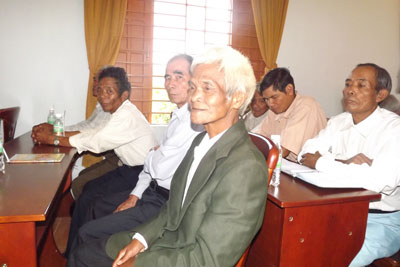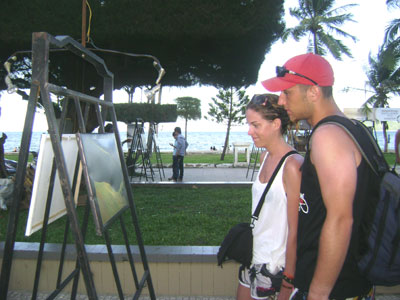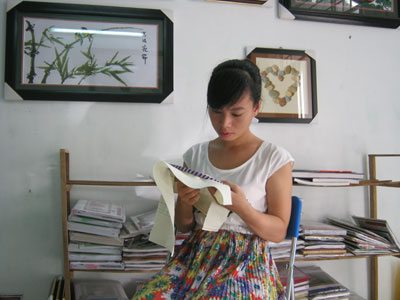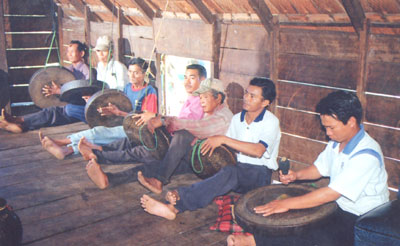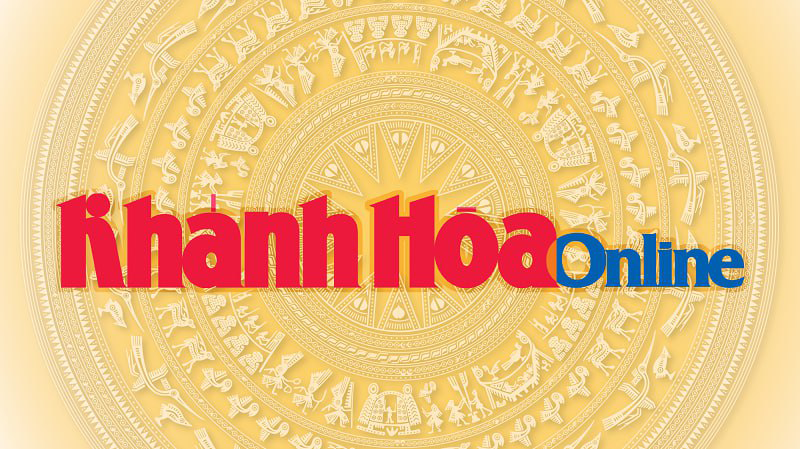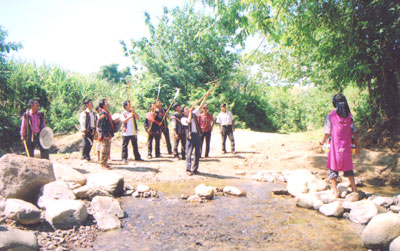
The water ritual or agricultural ritual has remained in only 2 out of 4 villages of E De minority people in Ninh Tay Commune...
The water ritual or agricultural ritual has remained in only 2 out of 4 villages of E De minority people in Ninh Tay Commune, Ninh Hoa Town, Khanh Hoa District.
 |
| E De people's agricultural ritual in Ninh Tay. |
The water ritual is celebrated by E De minority people at the beginning of the year after harvest in order to give thanks to the Water God, who is believed to bring a healthy climate and a prosperous life. The offerings include pork, alcohol, cooked rice, etc.
During the 3-day-event, the local residents do not go to work and stay at village patriarchs for a service of worship and feast.
The villages of Buon Lac and Buon Sim still celebrate the religious and cultural tradition, but it has no longer existed in the villages of Buon Dung and Buon Tuong for nearly 10 years.
Y Hiu, the patriarch of Buon Dung village says since 1994, the water ritual has not been celebrated in Buon Dung, thus many young people have never had a chance to attend the ritual. The elderly people are sad that the ritual has been forgotten by younger generations.
58-year-old Y Quap says, the gongs, which belong to his grand grandparents, used to be beaten in the agricultural ritual, which has not been organized for nearly 20 years.
According to some old people in Buon Dung Village, there are many reasons, including the lack of funding.
Village and hamlet patriarchs have to seek for local residents’ contribution to the ritual celebration, from VND20,000 to VND30,000/family and offerings, including pork, beef, chicken, etc for the worship and feast.
Nguyen Van Luong, a cadre at the traditional hall, Ninh Hoa Town Culture & Sport Center, has done a research on the ritual celebration and preservation. Y Dap in Buon Tuong Hamlet says “The ritual needs to be taught to younger generations.”
Cooperation between local residents and local authorities in the preservation of the water ritual is required to protect and keep the E De’s earliest traditional culture.
N.T

